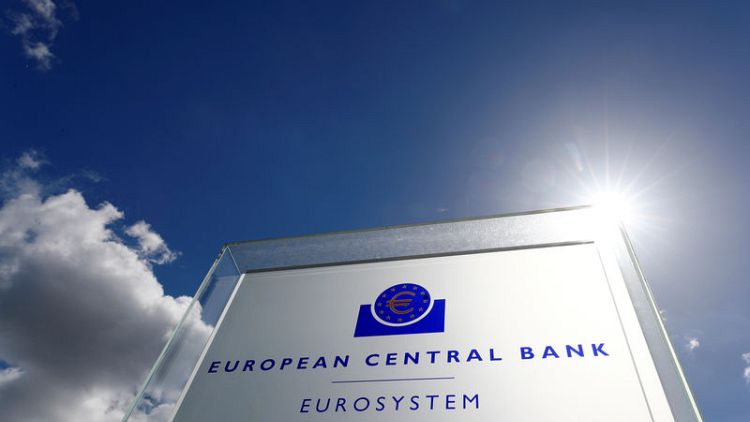By Sabela Ojea
MADRID (Reuters) - European Central Bank policymaker Pablo Hernandez de Cos said on Monday that the central bank might need to look into whether downside risks to growth it had so far deemed temporary were becoming more persistent.
ECB President Mario Draghi warned last week that the growth dip could be bigger and longer than previously feared but stuck to his previous view that the slowdown was temporary and not the beginning of a recession.
"So far, our attitude has been that almost all the deceleration in the euro zone we've seen quarter to quarter, we've considered it as temporary," De Cos told Reuters, referring to events including the yellow vest protests in France or new car regulations in Germany.
"The fact that so many temporary events are having such a significant impact on the European economy, might lead to think that some are more persistent. This is what we need to look at."
The ECB's guidance is for steady interest rates 'through' this summer but markets have already scaled back their expectations, pricing in a move only in mid-2020, well after Draghi leaves office in October.
The problem is that the euro zone's three biggest economies -- Germany, France and Italy -- are barely growing. Even if this is down mostly to one-off factors, the resulting drop in business confidence threatens to make the downturn self fulfilling.
Cos, who is also Spain's central bank governor, was speaking after discussing the government's budget plans in parliament.
De Cos told lawmakers, also referring to situations having a negative impact on euro zone growth: "So far we've considered these phenomena were transitory and we modified the forecast for the quarter, but we did not revise down the following quarter."
"Maybe we need to start asking ourselves if these are more persistent than what we have included in our central scenario of growth for the future, and that the revision could be higher than we have said in the past."
(Writing by Ingrid Melander; Editing by Catherine Evans)



